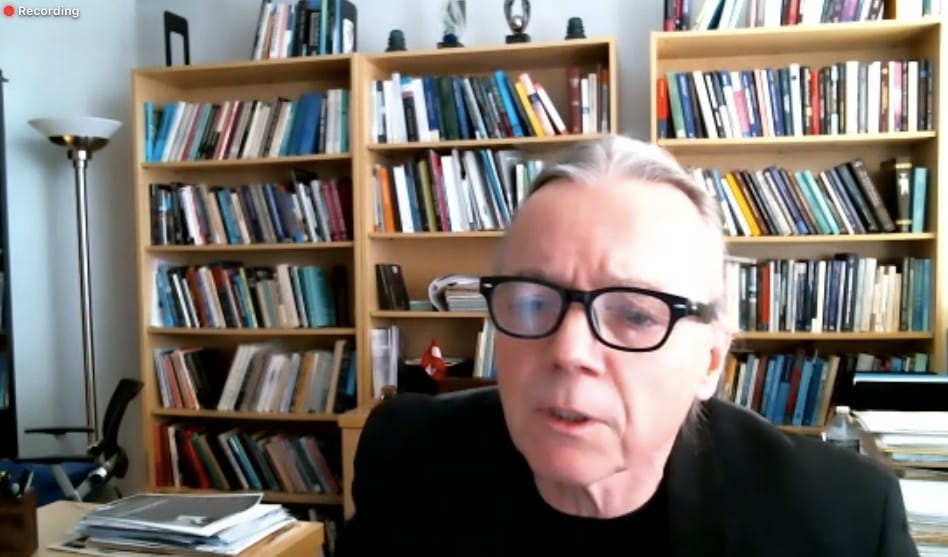Conflicting Arguments on Internet Censorship at Research Session on Free Speech and Societal Harmony
February 22, 2021 – Panelists at a communications research conference on Thursday were divided about how to reconcile free speech rights and regulating disinformation on the internet. The townhall at TPRC48 – which stand for Telecommunications Policy Research Conference – generally followed the Chat

February 22, 2021 – Panelists at a communications research conference on Thursday were divided about how to reconcile free speech rights and regulating disinformation on the internet.
The townhall at TPRC48 – which stand for Telecommunications Policy Research Conference – generally followed the Chatham House Rule of anonymity, featured discussions about the first amendment, platform power, content moderation, and the need to address disinformation that is dividing the nation.
Opinions on the panel were on two extremes of the spectrum, but with some agreements on the importance of policy and regulation to network platforms. The conversation played out against the backdrop of an FBI investigation into the deadly January 6 Capitol Hill riot and the platforms and people on the internet that played a role in its encouragement.
“Silencing voices that disagree with opposite opinions can be a recipe for disaster,” said one of conservative panelist. Those in favor of robust protections of free speech said censorship would do more harm than good.
Algorithms, some speech should be regulated
On the other end of the spectrum are those in favor of regulation and censorship of some speech on the internet. Those on that side say controversial speech does not respect diversity and equality; in fact, they argue, it harms marginalized groups.
Critics have said that the big technology companies are using algorithms and targeted ads that are discriminating against minority communities. That includes excluding these communities from opportunities, such as through ads or searches, that may be relevant to them.
In 2019, Facebook was charged by the department of Housing and Urban Development for allowing landlords to determine in their ads who can see home sales based on factors including race, sex, and religion.
Some panelists argued that if private sector companies crack down on violence, use of aggression, and hate speech at their workplaces, then those same rules should apply to the internet.
But the panelists did agree that, at least in some cases, disinformation should be addressed.









Member discussion